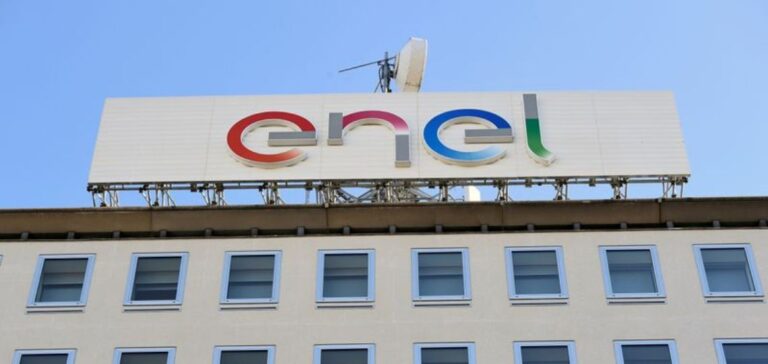Enel is considering leaving the Vietnamese market, according to sources close to the matter.
This decision is part of a global reorganization of its activities, and comes at a time when Vietnam is experiencing difficulties in attracting and maintaining foreign investment in the renewable energy sector.
The group had initially announced plans to develop up to 6 GW of renewable capacity, but regulatory uncertainties and operational hurdles appear to have put the brakes on these ambitions.
Vietnam, seeking to diversify its energy mix, has been attracting numerous international investors for several years.
However, delays in setting up infrastructure, particularly for solar and wind power, and complex regulations for offshore wind power, have generated a climate of uncertainty.
This context has recently prompted other Western players, such as Equinor and Ørsted, to suspend or cancel their projects in the country.
Enel reassesses its international priorities
Since the arrival of Flavio Cattaneo at the helm of Enel, the company has been reviewing its international strategy.
The company is now focusing more on its network infrastructures, particularly in the domestic market.
This decision to refocus is aimed at optimizing capital allocation and reducing exposure to markets deemed too volatile or complex.
In this context, withdrawing from Vietnam appears to be a strategic choice for Enel, in the face of a local environment perceived as uncertain and unstable.
Enel’s ambitions in Vietnam included commissioning around 1 GW of renewable capacity by the end of the year.
However, the lack of significant progress has raised doubts about the viability of the projects.
For Enel, repositioning on more predictable investment areas now seems a priority.
The challenges facing the Vietnamese renewable energy market
Vietnam aims to almost double its installed energy capacity by 2030, with a significant share dedicated to wind and solar power.
Despite these ambitious targets, projects are progressing slowly.
Lack of regulations for offshore developments and protracted negotiations over electricity purchase tariffs are notable obstacles.
Many international investors find these conditions unattractive, leading to a gradual withdrawal from the market.
Companies that have capitalized on the potential of renewable energies in Vietnam face complex challenges.
A clearer regulatory framework and more effective integration mechanisms for new capacity are essential to restore investor confidence.
The lack of these elements has led to project stagnation, with a direct impact on the country’s energy diversification objectives.






















